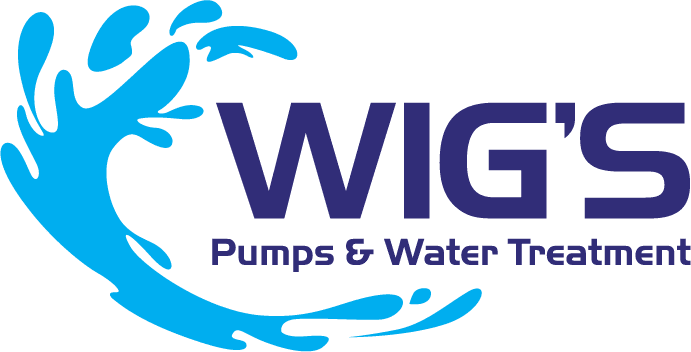Innovative Water Treatment Systems for Sustainable Solutions in Your Home
In today’s society, the importance of sustainable living has become more paramount, especially concerning water usage and treatment. According to the World Health Organization, nearly 2 billion people globally lack access to safely managed drinking water, making innovative water treatment systems essential for improving public health and environmental sustainability. Homeowners can play a critical role in this effort by adopting advanced water treatment systems that not only purify water but also reduce wastage and energy consumption. A report by the Water Environment Federation indicates that implementing efficient water treatment solutions can decrease residential water use by up to 50%, highlighting the potential for significant resource conservation. As we delve into how to create a more sustainable home environment through effective water treatment systems, we will explore practical steps that anyone can take to improve water quality and contribute to a healthier planet.
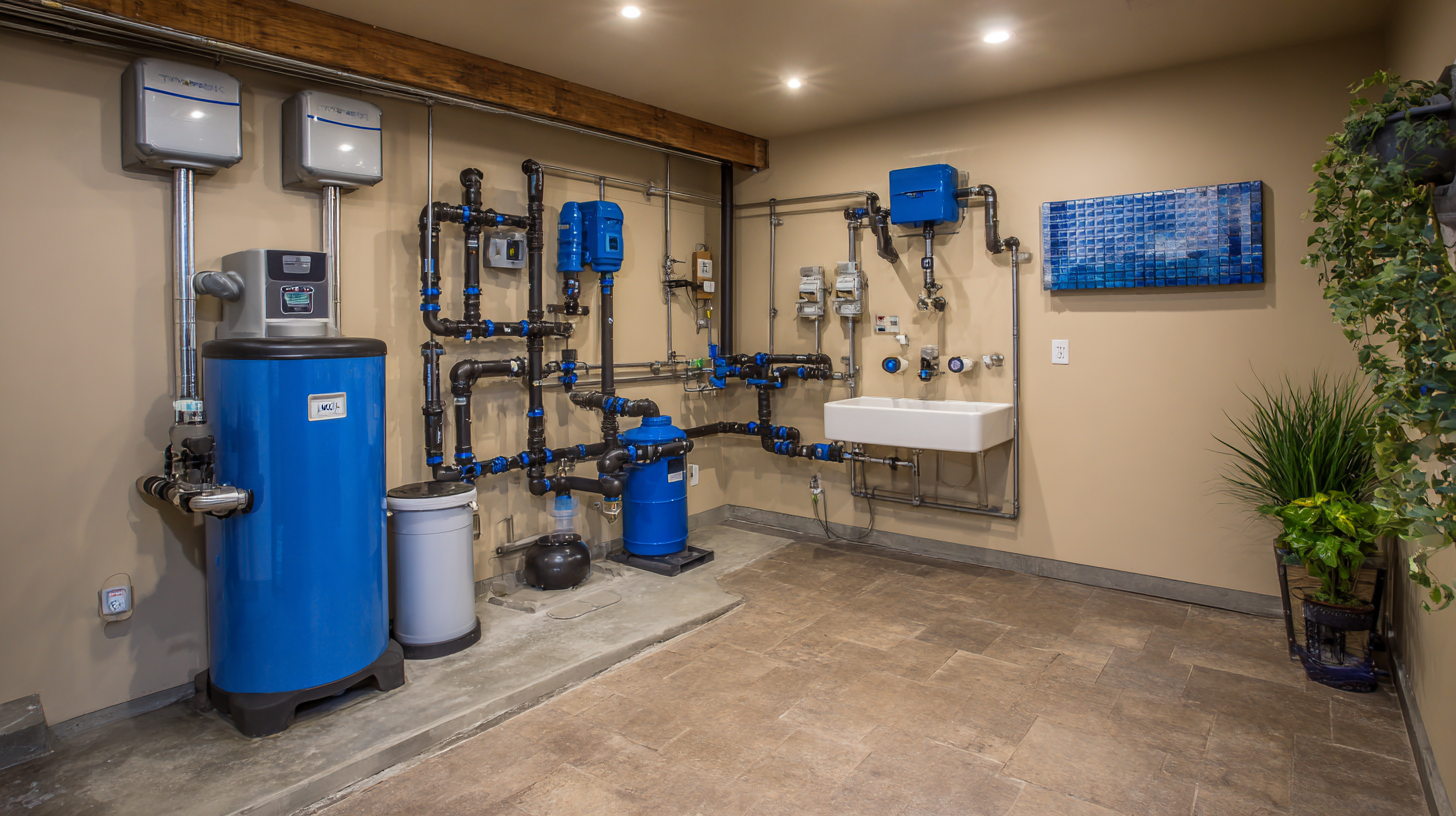
Innovative Water Filtration Technologies: A Guide to Home Systems
In recent years, innovative water filtration technologies have emerged as vital solutions for homeowners seeking sustainable water treatment systems. According to the Water Quality Association (WQA), over 85% of American households utilize some form of water treatment, indicating a growing awareness of water safety and quality. Modern filtration systems, such as activated carbon filters and reverse osmosis units, not only eliminate contaminants but also significantly reduce the environmental footprint associated with bottled water consumption. With the global bottled water market projected to reach $500 billion by 2026, investing in home filtration systems offers both cost savings and ecological benefits.
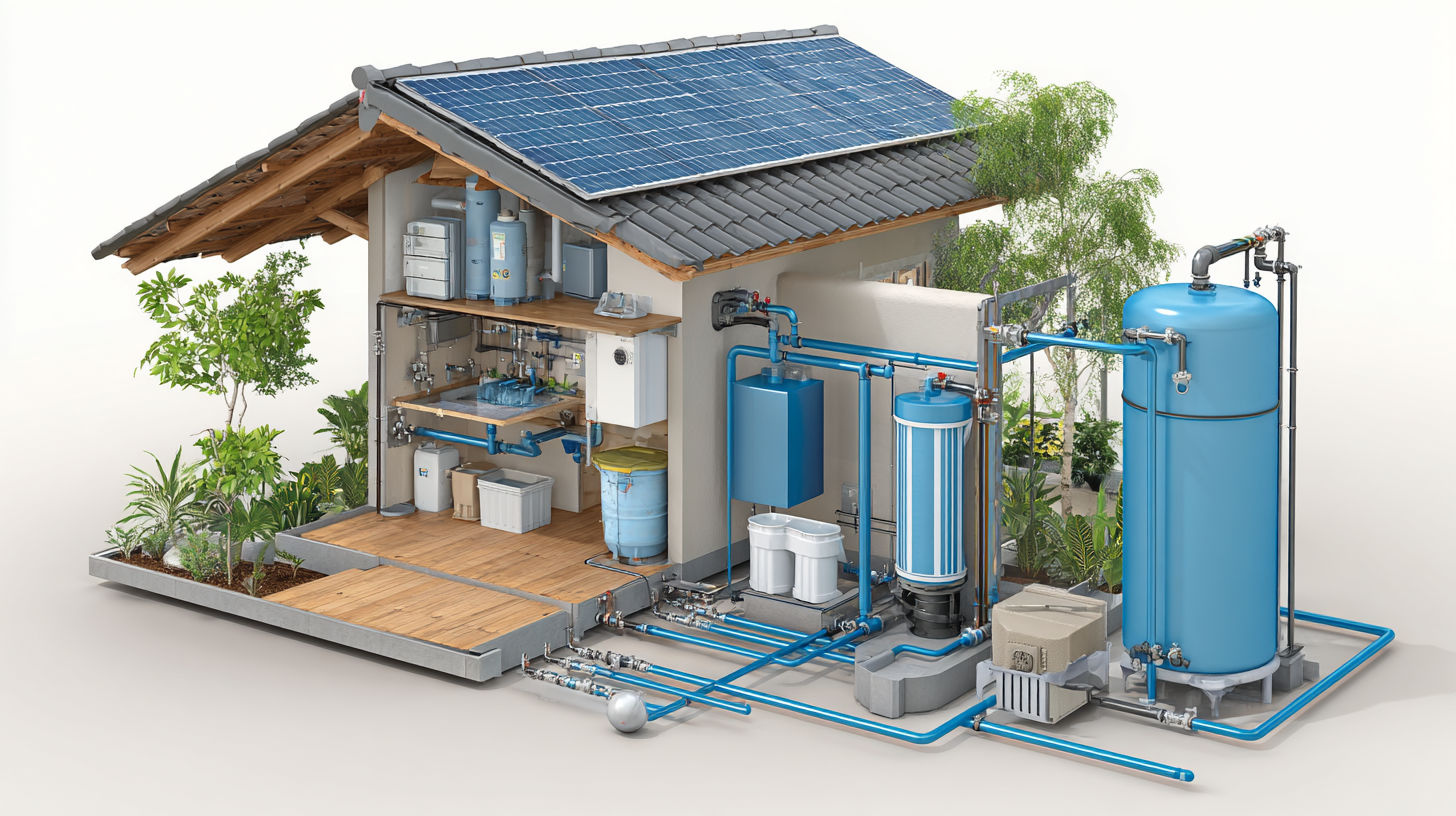
Cutting-edge advancements in filtration technology have led to more efficient and effective systems. For instance, nanofiltration and ultraviolet (UV) disinfection are gaining traction in residential setups. Research shows that UV water purification can deactivate up to 99.9% of pathogens, providing peace of mind for families concerned about microbial contamination. Moreover, integrating smart technology with filtration systems allows homeowners to monitor water quality in real-time, enhancing user engagement and promoting proactive water management. This combination of innovation and sustainability positions advanced home water treatment systems as essential tools for a healthier living environment.
Maximizing Water Reuse: Rainwater Harvesting and Greywater Solutions
Rainwater harvesting and greywater reuse are two innovative approaches that can significantly enhance water sustainability in homes. Rainwater harvesting involves collecting and storing rainwater from rooftops and other surfaces, allowing homeowners to utilize this free resource for irrigation, toilet flushing, and even laundry. By installing systems such as rain barrels or more complex cisterns, households can reduce their reliance on municipal water supplies, lower utility bills, and contribute to environmental conservation.
Similarly, greywater systems provide an effective means of recycling wastewater from sinks, showers, and washing machines. Unlike blackwater, which contains harmful pathogens, greywater is relatively clean and can be treated and reused for non-potable purposes such as landscape irrigation or toilet flushing. Implementing greywater systems not only helps conserve fresh water but also alleviates pressure on sewage treatment facilities. Together, rainwater harvesting and greywater solutions create a sustainable home water management strategy that improves water resilience and promotes environmental stewardship.
Smart Sensors for Monitoring Water Quality: Enhancing Safety at Home
In today’s increasingly eco-conscious world, innovative water treatment systems play a crucial role in achieving sustainable solutions for home water management. By integrating smart sensors, homeowners can actively monitor water quality, ensuring safety and reliability. These sensors provide real-time data on various parameters, including pH levels, chlorine concentrations, and turbidity, empowering users to address issues before they escalate, thus enhancing the overall water management experience.
The market for automatic monitoring systems, particularly in the realm of swimming pools, illustrates the growing demand for smart technologies in domestic settings. These systems utilize advanced technologies to deliver precise information, enabling homeowners to maintain optimal water conditions effortlessly. With features such as automated alerts and remote monitoring capabilities, these innovations not only enhance safety but also save time and reduce the need for manual checks. As the industry evolves, the focus on integrating smart sensors into everyday water treatment systems reflects a broader commitment to sustainability and health in residential environments.
DIY Maintenance Tips for Sustainable Water Systems
Maintaining sustainable water systems at home is essential in addressing the ongoing global water crisis. As the number of people lacking access to clean water steadily decreases, with 703 million still affected, the responsibility falls on homeowners to adopt effective, DIY maintenance practices. Regular checks for leaks, ensuring proper filtration, and maintaining water-using appliances can significantly improve efficiency and reduce water waste. Simple adjustments like installing low-flow fixtures can enhance sustainability while contributing to water conservation efforts.
Further innovations in water treatment underscore the importance of decentralized systems, which can bolster the resilience of local water management. Homeowners can participate by understanding how their systems work and employing predictive maintenance strategies. For example, monitoring water quality through cost-effective sensors can preemptively address plumbing issues and avoid larger problems. Empowering homeowners with knowledge and tools not only fosters individual responsibility but also plays a critical role in the broader effort to create sustainable water solutions for communities.
Cost-Effective Innovative Solutions for Eco-Friendly Water Treatment
As water scarcity and pollution continue to pose significant challenges globally, innovative and cost-effective solutions for eco-friendly water treatment are becoming increasingly vital. The green water treatment chemicals market is on track to reach $1.94 billion by 2032, reflecting a growing demand for sustainable alternatives in managing water resources. This trend is amplified by the development of new technologies aimed at addressing the complex needs of various industries, including the successful creation of a squid ink-based water filter by Omani inventor Yusra Al Ghadani. This innovative solution demonstrates both a low-cost and sustainable method to treat wastewater from the oil industry, highlighting the potential of natural materials in modern water treatment applications.
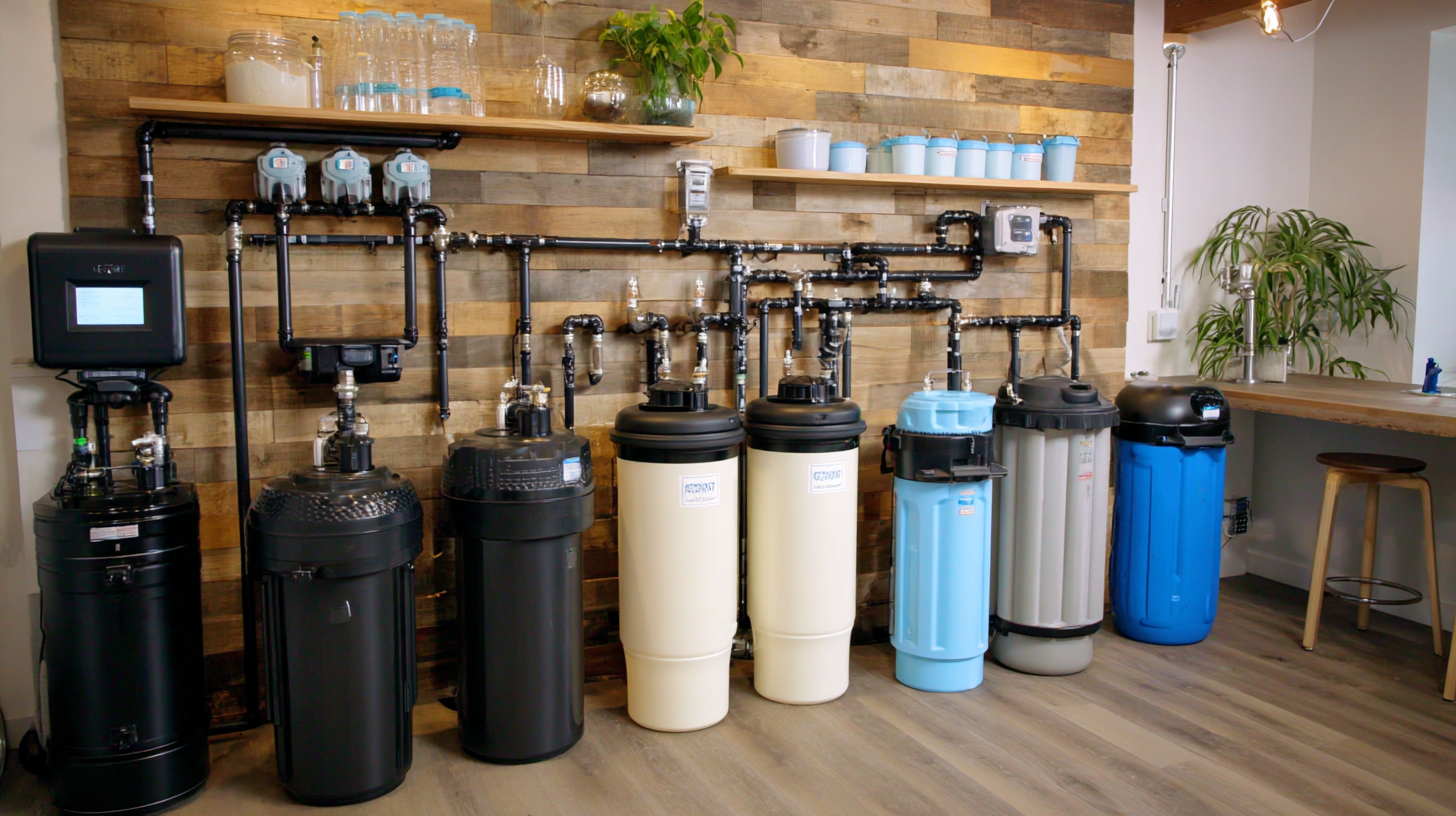
Moreover, the projected growth of the water and wastewater treatment equipment market, expected to reach $100 billion by 2033, signals an urgent need for advanced systems that prioritize environmental sustainability. The ongoing research at institutions like Rice University to tackle hazardous contaminants such as forever chemicals represents a pivotal step toward achieving safer water. By pioneering new methods and embracing green technologies, these advancements not only improve water quality but also contribute to a more sustainable approach to resource management in residential and industrial settings.
Related Posts
-

Transform Your Life with the Ultimate Water System: Discover Healthier Hydration Today!
-

Unlocking the Future: How Water Reclamation Systems Can Revolutionize Urban Sustainability
-
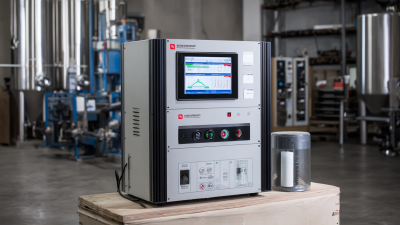
Understanding the Importance of a Reliable Water Testing System for Safe Drinking Water
-

Exploring Innovative Wildfire Water Solutions to Protect Our Communities and Environment
-
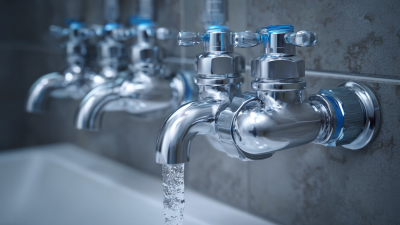
Essential Guide to Understanding Water System Plumbing for Modern Homes
